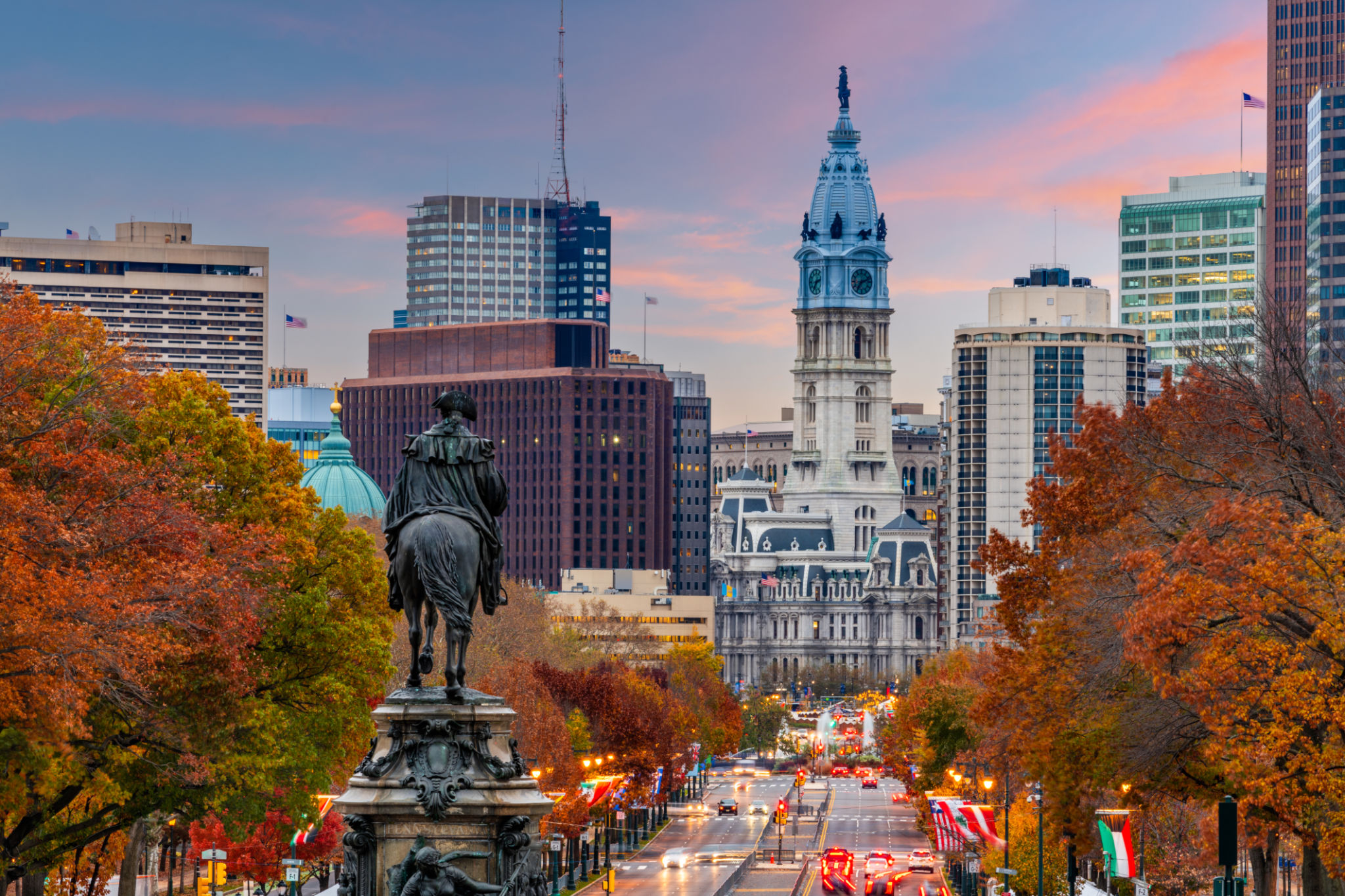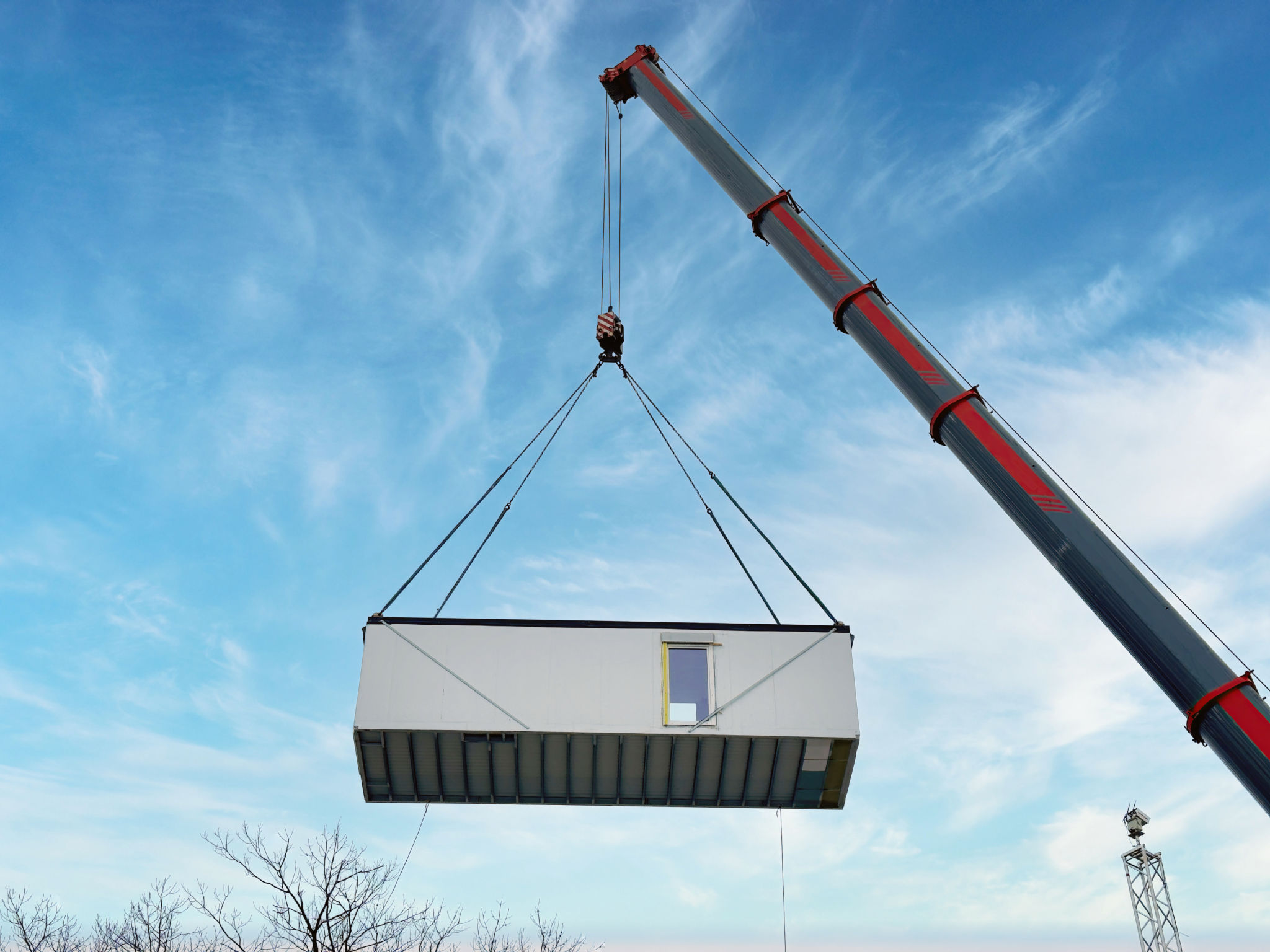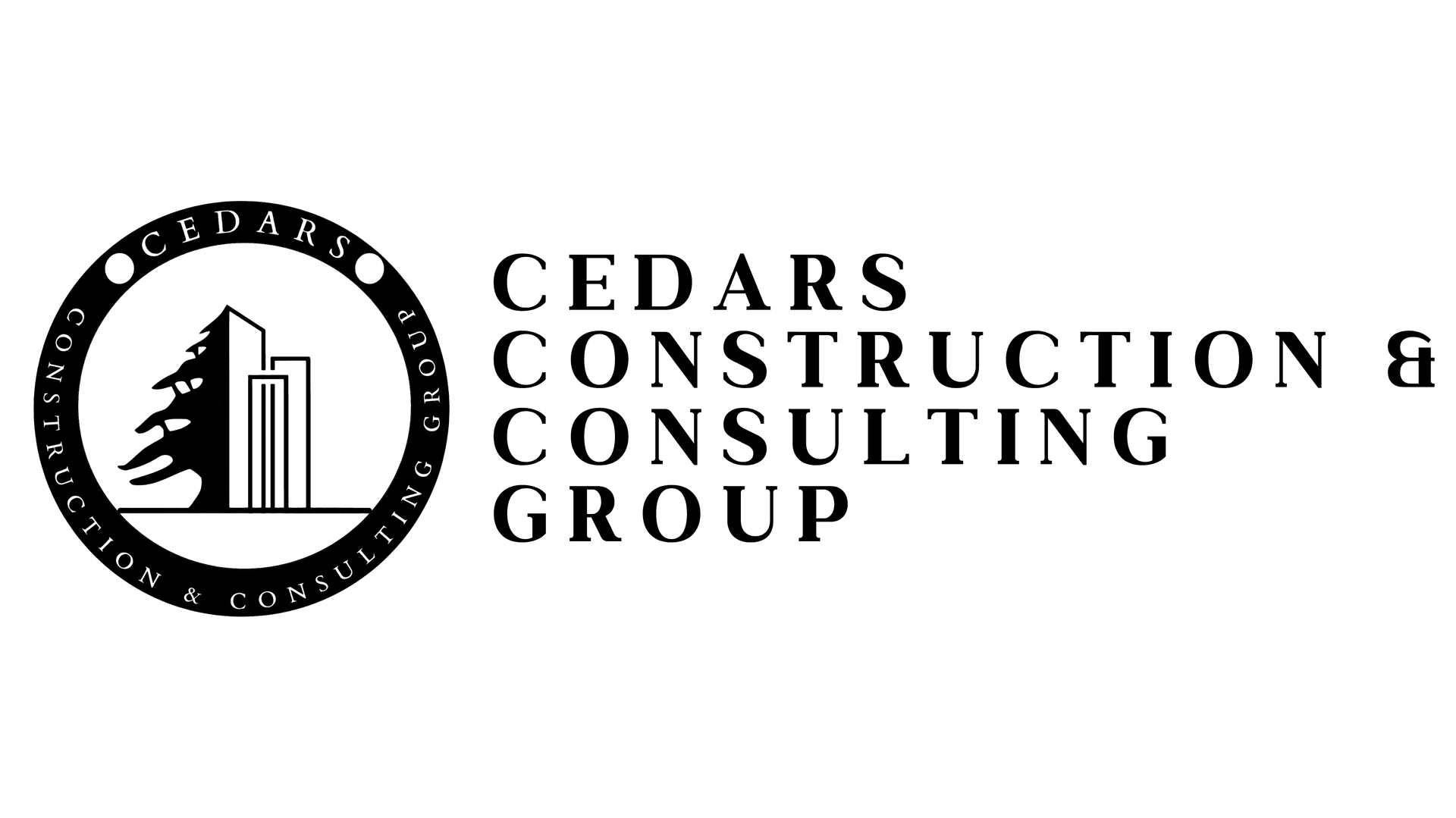Innovative Trends in Philadelphia's Commercial Construction Scene
Introduction to Philadelphia's Construction Scene
Philadelphia, a city rich in history and culture, is not just preserving its heritage but also embracing innovation in the commercial construction sector. As the city evolves, so do the trends shaping its skyline and infrastructure. In recent years, a wave of innovative practices has emerged, transforming the way buildings are designed, constructed, and utilized.

Sustainable Construction Practices
One of the most significant trends in Philadelphia's commercial construction scene is the emphasis on sustainability. Builders and developers are increasingly focusing on green building practices to minimize environmental impact. This includes using eco-friendly materials, implementing energy-efficient technologies, and incorporating renewable energy sources.
Philadelphia's commitment to sustainability is evident in projects like the LEED-certified buildings that dot the cityscape. These structures not only reduce carbon footprints but also offer long-term cost savings for businesses through reduced energy consumption.
Smart Building Technologies
The integration of smart technologies is revolutionizing commercial construction in Philadelphia. From automated lighting systems to advanced HVAC controls, smart buildings are designed to enhance efficiency and comfort. These technologies allow for real-time monitoring and adjustments, ensuring optimal performance and resource management.

Moreover, the use of Internet of Things (IoT) devices is becoming standard in new constructions. IoT facilitates seamless communication between different building systems, providing valuable data insights that can help improve operations and maintenance strategies.
Modular Construction Techniques
Modular construction is gaining traction as a fast and efficient method of building in Philadelphia. This approach involves prefabricating building components off-site and assembling them on-site. It not only reduces construction time but also minimizes disruptions in urban environments.
The precision involved in modular construction ensures high-quality outcomes while allowing for greater flexibility in design. As urban space becomes more constrained, modular techniques offer a practical solution for expanding commercial facilities.

Adaptive Reuse of Historic Structures
Philadelphia's rich architectural heritage presents unique opportunities for adaptive reuse. Instead of demolishing historic buildings, developers are repurposing them for modern commercial use. This trend preserves the city's character while meeting contemporary business needs.
Adaptive reuse projects often involve extensive renovations to update facilities while maintaining their historical charm. This approach not only honors the past but also contributes to sustainable development by reducing the need for new materials.
Conclusion: A Forward-Thinking Future
As Philadelphia continues to grow, its commercial construction scene reflects a forward-thinking vision that balances tradition with innovation. By adopting sustainable practices, embracing technology, and valuing historical preservation, the city sets a benchmark for future developments.
The innovative trends in Philadelphia's commercial construction not only cater to current demands but also pave the way for a resilient and prosperous future. As these trends evolve, they promise to enhance the city's built environment, making it a model of modern urban development.
